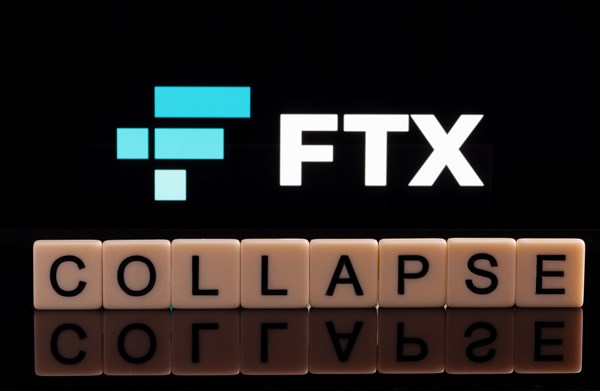If You Own FTX Crypto, Read This Post
By now, most readers of this blog will be familiar with the spectacular crash of FTX and FTX.US. In brief, in late October, the crypto currency exchange founded by CEO Sam Bankman-Fried collapsed in a matter of days. The practical cause of the unprecedented turnabout was a lack of liquidity and mismanagement of funds. When the dysfunctional and potentially illegal manner in which FTX was operating was reported in the media, a massive run of withdrawals by panicked FTX investors brought down the house of cards in what seemed like nanoseconds. Along with the proprietary virtual coin of the realm, FTT, the value of other cryptocurrencies, notably Ethereum and Bitcoin, also plummeted. On November 11, FTX filed for bankruptcy with Bankman-Fried admitting that the company did not have sufficient assets to meet customer demand.
Bernard J. “Chip” Morse, partner at Jennis Morse Etlinger, provides some insight into what’s in store for FTX’ hapless customers.
“At some point, I think the restructuring officer or Chapter 11 trustee for FTX is going to categorize the entire entity as a Ponzi scheme, a fraud from the beginning.” Morse predicts. “Then they are going to identify people who were winners and losers.”
FTX will then almost certainly attempt to clawback portions of the money various individuals received to even out the distribution of whatever funds are left when the forensic accounts have completed their work. Cue a swarm of litigants.
“So you’re going to see over the next few years a massive number of lawsuits filed against the people who took their money out before the collapse,” Morse says.
For victims of the FTX crypto-fraud, Morse recommends being pro-active regarding the Chapter 11 process. One development virtually guaranteed to occur in the early stages is the formation of “creditor constituencies” and various committees or groups, which will try and steer the trustee toward a determination or calculation that favors their interests.
“In my experience, the people who get in early and negotiate with the trustee to resolve their issues will get the best deals,” Morse explains.
Under the circumstances, Morse postulates that the trustee will be inclined to accomplish as much as possible in the shortest amount of time. No matter how quickly things move forward, fallout from the FTX debacle will linger for years, likely hardening the trustee’s attitude toward recalcitrant victims who do not voluntarily come forward to comply with the terms of the Chapter 11 filing.
”Eventually, the trustee is going to say, I have no choice but to sue you,” Morse says.
Such are the perils of dabbling in the crypto-realm. This is also reflected in the actions of BlockFi, a cryptocurrency lender, which filed its own bankruptcy just days after FTX — in what could be a wave of such filings.

